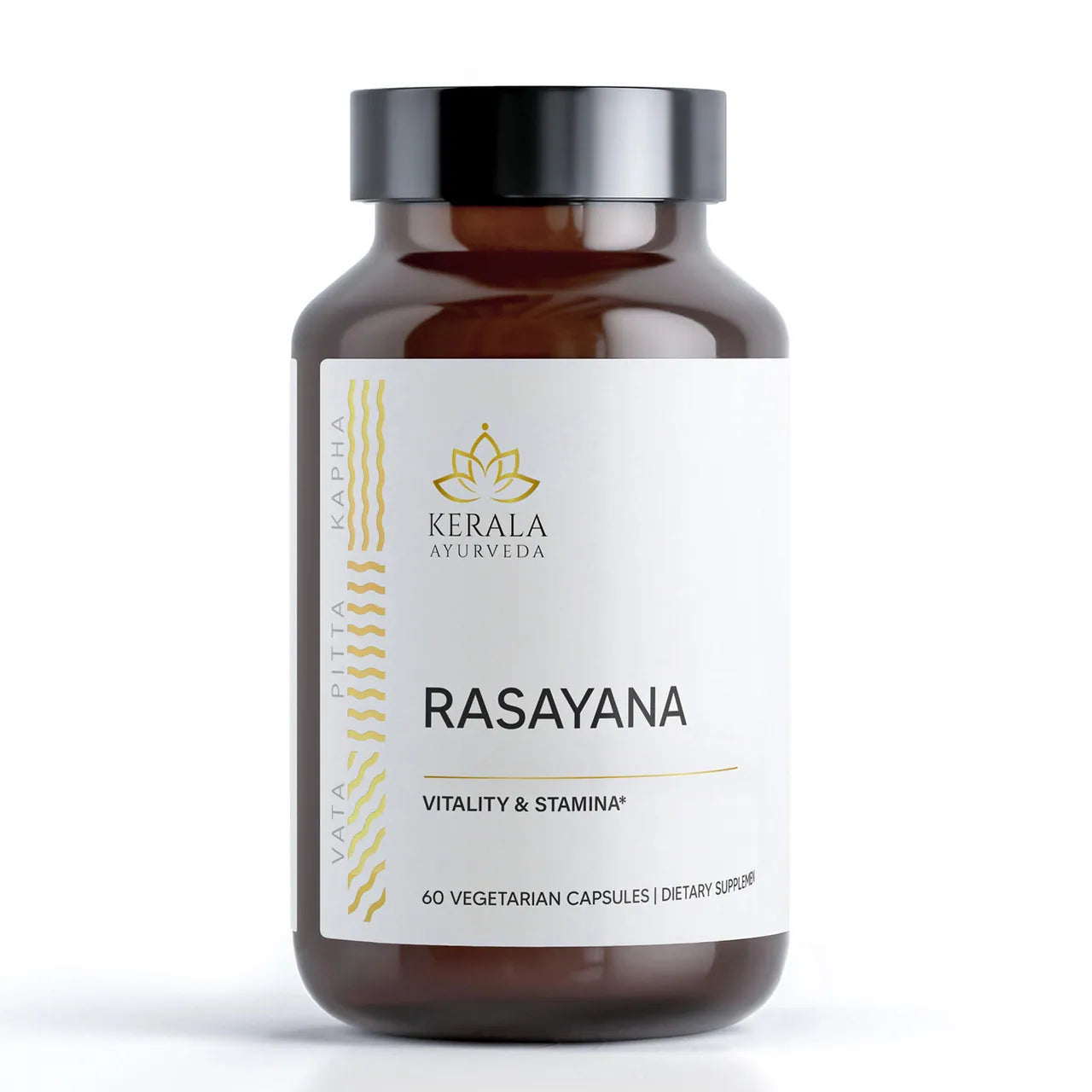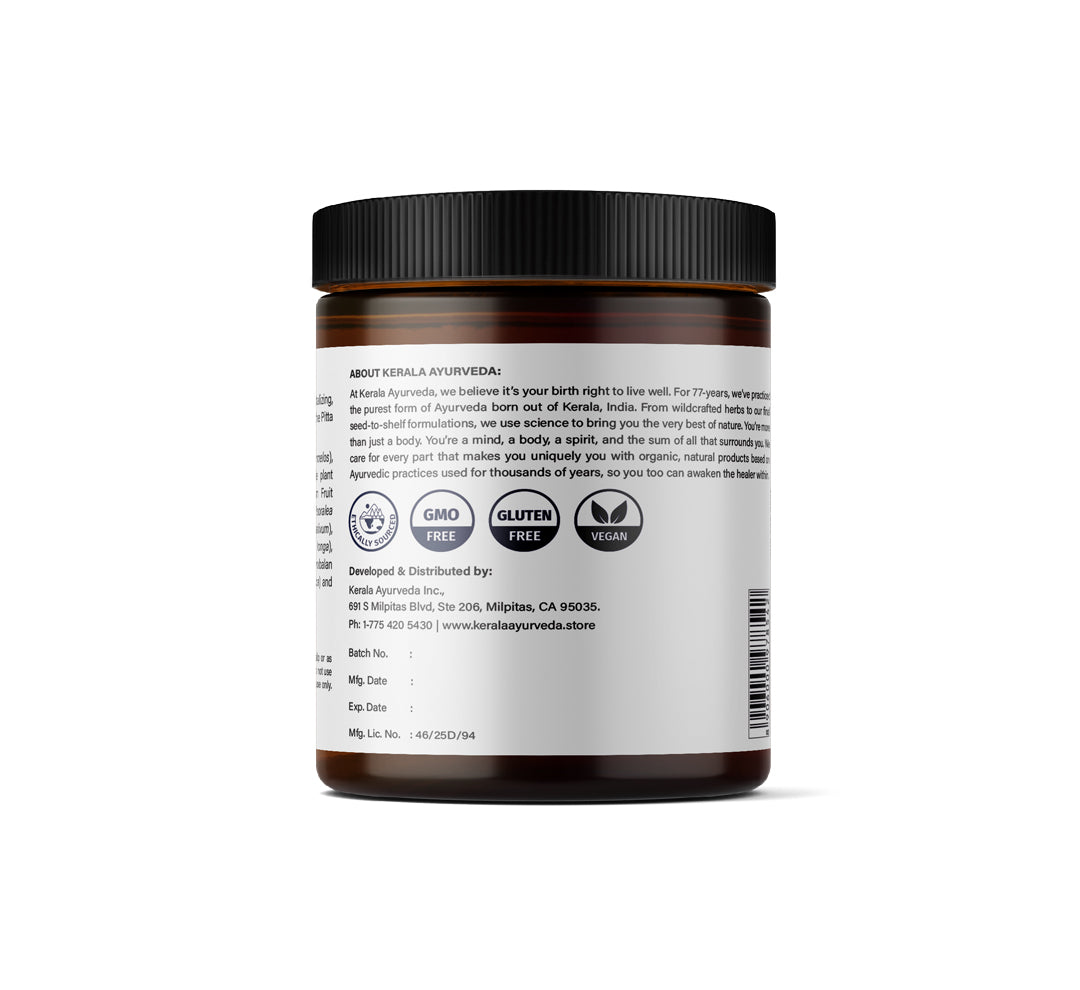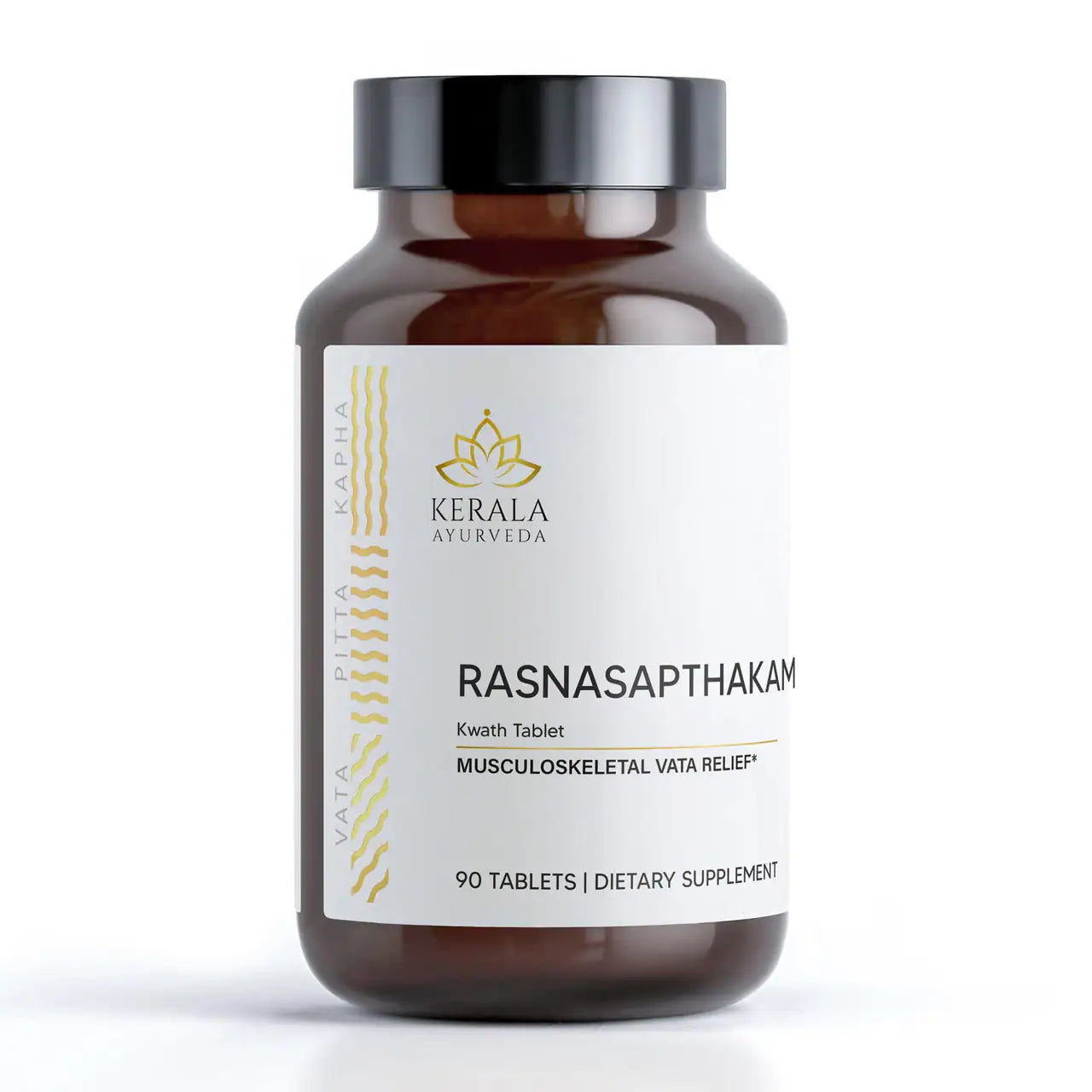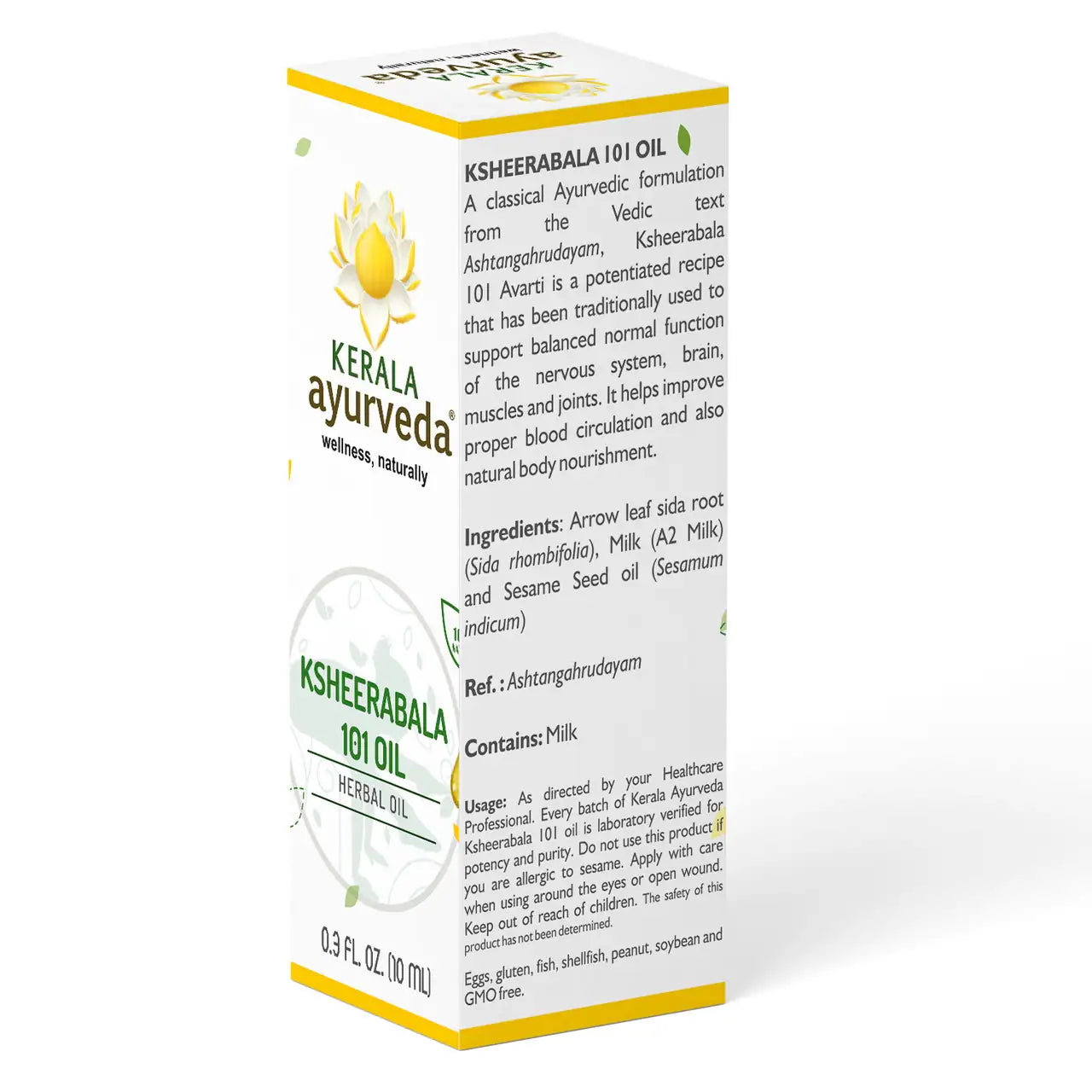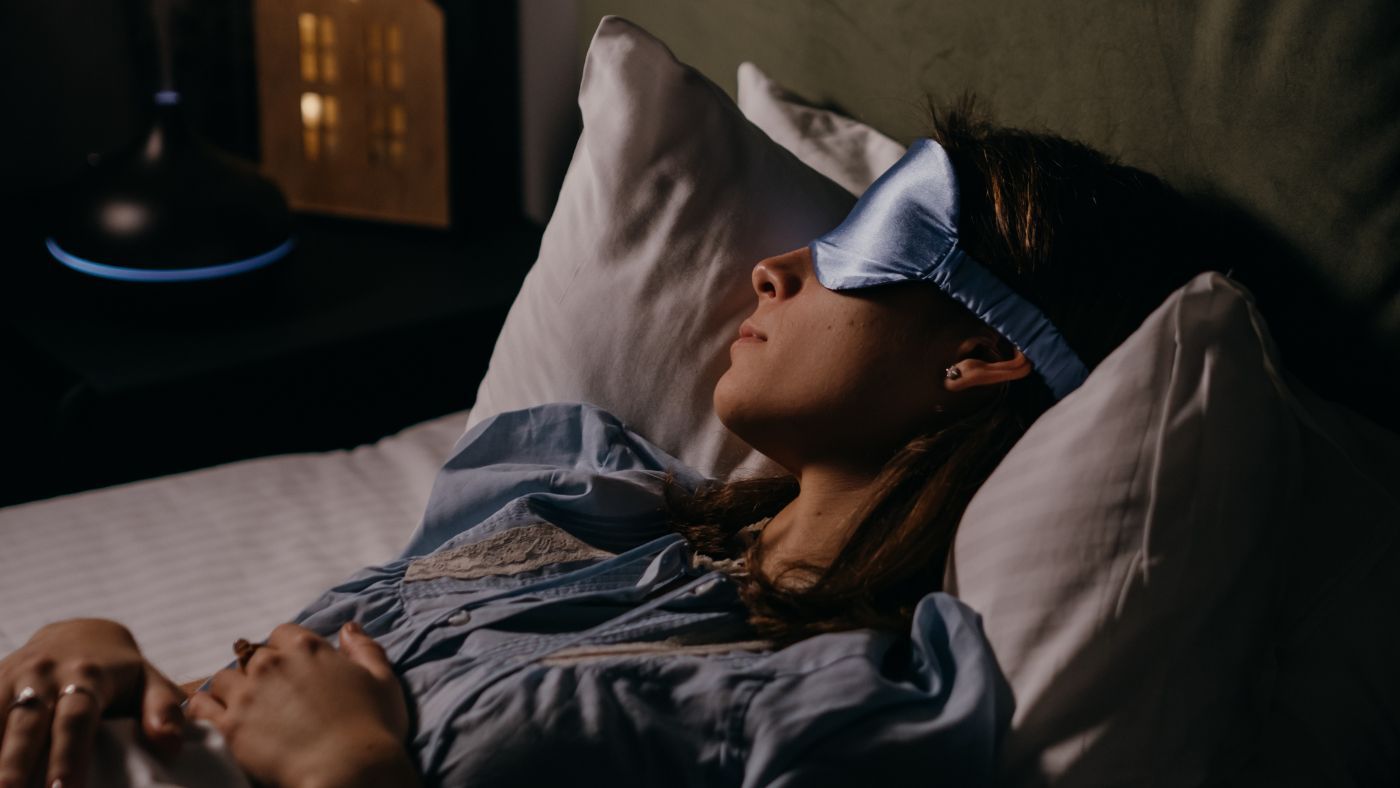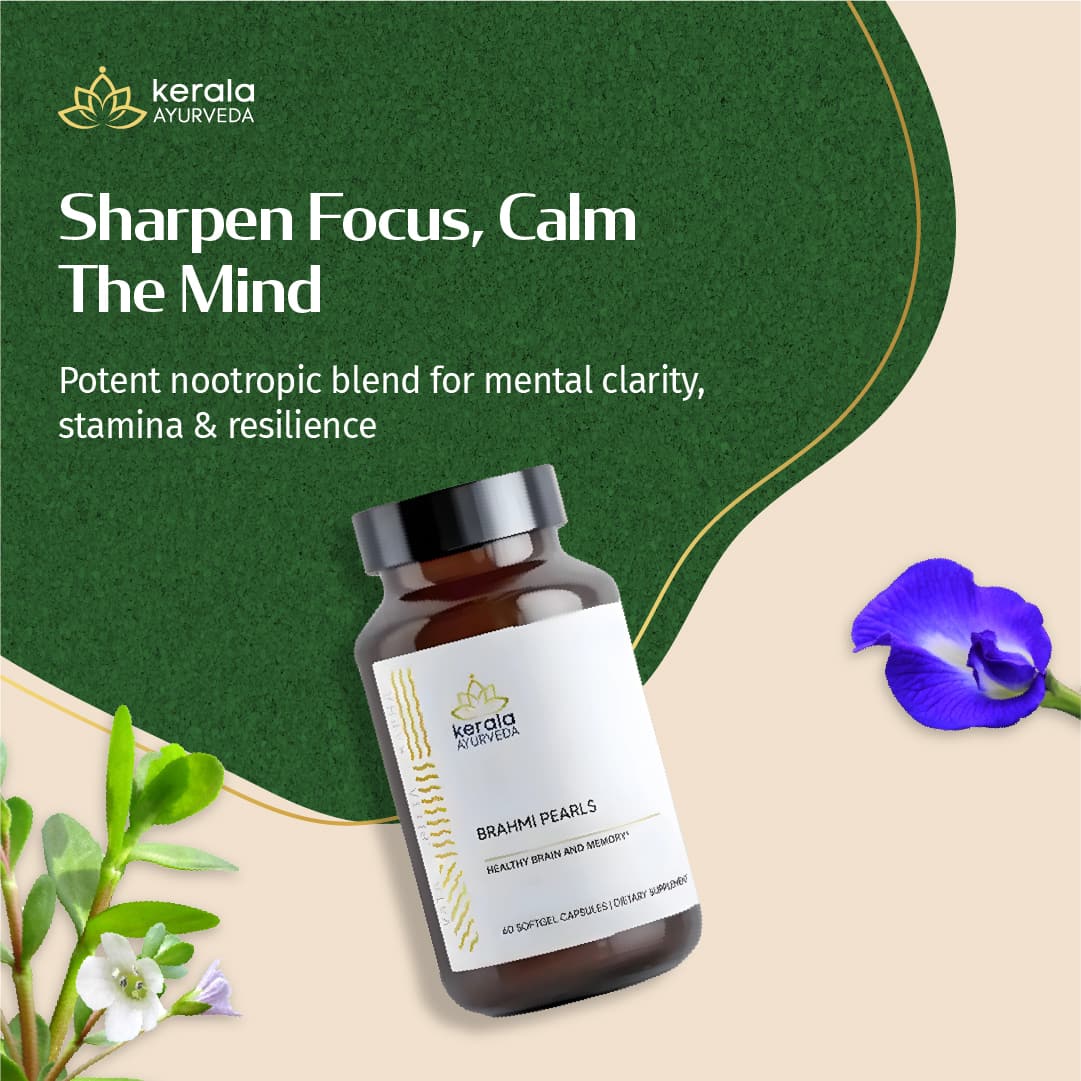Highlights
Sleep is one of the three pillars of health in Ayurveda, alongside proper nutrition and balanced living. When we experience restful, rejuvenating sleep, we wake feeling refreshed and ready to embrace the day. However, when sleep becomes disturbed or elusive, it affects every aspect of our wellbeing. In our fast paced modern world, where stress and constant stimulation have become the norm, understanding the Ayurvedic perspective on sleep can help guide us toward the deep, restorative rest our bodies and minds need.
Ayurvedic Understanding of Sleep

Ayurveda recognizes sleep, known as Nidra, as essential for maintaining health and balance. The ancient texts describe three distinct types of sleep, each serving different purposes in our overall wellness.
The Three Types of Sleep
Bhara Nidra (Heavy Sleep): This type of sleep occurs when Kapha (Water energy) is elevated in the body. It is characterized by deep, prolonged sleep that can sometimes feel excessive. While this sleep is restorative, too much Kapha influence can lead to grogginess and difficulty waking.
Ativahita Nidra (Light Sleep): This sleep pattern emerges when Vata (Air energy) dominates. It is light, easily disturbed, and often leaves us feeling as though we have not truly rested. People experiencing this type of sleep may wake frequently throughout the night or find their minds racing even as they try to rest. This is increasingly common in our modern era of constant mental stimulation and stress.
Samyoga Nidra (Balanced Sleep): This is the ideal state of sleep in Ayurveda, where all three doshas work in harmony. It is deep enough to restore the body and mind, yet we wake naturally feeling refreshed and alert. This balanced sleep supports proper digestion, strengthens immunity, and maintains mental clarity.
How Sleep Works According to Ayurveda
In Ayurveda, sleep is understood as a natural state that occurs when Kapha dosha increases and the mind withdraws from sensory engagement. The sleep process involves the balance of Tamas (heaviness and inertia) and Sattva (clarity and purity) qualities in the mind.
When we fall asleep naturally, Kapha dosha gently rises, creating a sense of heaviness that allows the body to rest. During sleep, the body performs critical repair and rejuvenation functions. The mind processes experiences, and the nervous system resets itself. This is why proper sleep is considered Brimhana (nourishing and building) for the body.
The Role of Doshas in Sleep
Each dosha influences our sleep patterns in unique ways:
Vata (Air Energy): When balanced, Vata allows for light, refreshing sleep with natural wake times. When imbalanced, it creates restlessness, frequent waking, difficulty falling asleep, and racing thoughts. Vata imbalance is the most common cause of sleep concerns, and modern life with its constant demands and stimulation tends to aggravate Vata significantly.
Pitta (Fire Energy): Balanced Pitta supports moderate sleep duration with vivid but not disturbing dreams. When aggravated, Pitta can cause intense dreams, night sweats, waking between 10 PM and 2 AM, and difficulty returning to sleep due to an overactive mind.
Kapha (Water Energy): Balanced Kapha creates deep, sound sleep. Excess Kapha leads to oversleeping, difficulty waking, grogginess, and feeling heavy even after adequate rest.
What Causes Sleep Disturbances?

Sleep disturbances rarely occur without reason. Ayurveda identifies several key factors that disrupt our natural sleep rhythms, many of which have become amplified in contemporary life.
Vata Imbalance: The Primary Culprit
The most common cause of sleep concerns is aggravated Vata dosha. Vata governs all movement in the body, including the movement of thoughts. When Vata becomes excessive or imbalanced, it creates:
- Restlessness and inability to settle the mind
- Frequent waking during the night, especially during Vata time (2 AM to 6 AM)
- Racing thoughts that prevent falling asleep
- Light, unrefreshing sleep that leaves us tired upon waking
- Anxiety and worry that intensify at night
Modern life, with its constant connectivity, information overload, and perpetual demands on our time and attention, naturally aggravates Vata. Many of us find ourselves in a state of chronic stress, where our nervous systems never fully relax. This makes the practices of Ayurveda even more valuable, as they not only support better sleep but also teach us how to pause, settle, and genuinely relax in the midst of our busy lives.
Dietary Factors
What we eat and when we eat significantly impacts our sleep quality:
Late or Heavy Evening Meals: Eating close to bedtime or consuming heavy, difficult to digest foods forces the body to focus on digestion rather than rest. This is particularly problematic as our digestive strength naturally decreases in the evening.
Stimulating Foods and Beverages: Coffee, tea, chocolate, and other caffeinated items consumed later in the day can overstimulate the nervous system. Spicy, salty, or sour foods in excess can aggravate Pitta and create heat that disturbs sleep. In our culture of constant productivity, we often rely on these stimulants to maintain energy, but they come at the cost of restful sleep.
Irregular Eating Patterns: Skipping meals or eating at inconsistent times disturbs the natural rhythms of the body, making it difficult to establish healthy sleep patterns.

Lifestyle Factors
Modern lifestyle habits often work against our natural sleep rhythms:
Irregular Sleep Schedule: Going to bed and waking at different times each day confuses the body and disrupts natural circadian rhythms. Staying awake past 10 PM, when Pitta time begins, gives us a second wind of energy that makes falling asleep more difficult.
Excessive Screen Time: The blue light from electronic devices and the mental stimulation from digital content aggravate Vata and Pitta, making it harder for the mind to settle. In today's world, many of us spend our evenings scrolling through devices, inadvertently training our minds to remain active when they should be winding down.
Lack of Physical Activity: Insufficient movement during the day means the body has not expended enough energy to require deep rest. However, exercising too late in the evening can also be overstimulating.
Stress and Mental Overload: Constant worry, work pressure, and emotional strain keep Vata and Pitta elevated, preventing the mind from naturally transitioning into restful sleep. The expectation to always be available and productive leaves little space for genuine relaxation.
Environmental Factors
The sleep environment plays a crucial role:
- Excess noise, light, or uncomfortable temperatures
- Sleeping in unfamiliar places
- Electromagnetic disturbances from electronic devices in the bedroom
Understanding these factors helps us recognize that addressing sleep concerns is not just about fixing a problem, but about reclaiming our right to rest and allowing ourselves the time and space to truly relax.
Herbs for Sleep Support: Ashwagandha versus Brahmi
Ayurveda offers powerful herbal support for those experiencing sleep concerns. Two herbs stand out for their ability to promote restful sleep: Ashwagandha and Brahmi. While both support healthy sleep patterns, they work in different ways and are suited to different situations. In our high stress world, these herbs serve a dual purpose: they not only help us sleep better but also support our ability to relax and manage stress during waking hours.
Ashwagandha (Withania somnifera): The Strength Builder

This powerful adaptogenic herb is one of the most revered herbs in Ayurveda for promoting restful sleep and building resilience to stress.
How Ashwagandha Supports Sleep:
Calms Vata Dosha: Ashwagandha has a warm, grounding energy that directly pacifies aggravated Vata, the primary cause of sleep disturbances. Its heavy (Guru) and unctuous (Snigdha) qualities counter the light, dry, mobile nature of excess Vata.
Reduces Stress Response: This herb is classified as a Rasayana (rejuvenative), meaning it nourishes the deep tissues and supports the body in handling stress. By reducing the impact of stress on the nervous system, it helps quiet the mind for sleep. In our demanding modern lives, where stress seems unavoidable, Ashwagandha helps us build resilience and recover more effectively.
Supports Deep Rest: Ashwagandha promotes Nidrajanana (sleep inducing) effects, helping the body transition into deeper states of rest. It is particularly helpful for those who fall asleep but do not experience restorative sleep.
Balances Energy: Unlike sedatives that simply suppress wakefulness, Ashwagandha nourishes the nervous system and helps restore natural sleep wake cycles. It provides energy during the day while supporting rest at night, helping us find the balance between activity and relaxation that modern life often disrupts.
Best For:
- Stress related sleep concerns
- Difficulty staying asleep or achieving deep sleep
- Vata type sleep disturbances with anxiety and restlessness
- Those who feel depleted or exhausted but cannot sleep
- Supporting recovery from chronic stress
Kerala Ayurveda offers high quality Ashwagandha capsules that provide consistent daily support for managing stress and promoting restful sleep.
Brahmi (Bacopa monnieri): The Mind Soother

Brahmi has long been revered for its profound effects on the mind and consciousness. While widely known for supporting memory and mental clarity, Brahmi also offers powerful support for sleep, particularly when mental activity prevents rest.
How Brahmi Supports Sleep:
Quiets Mental Activity: Brahmi is classified as Medhya Rasayana (mind rejuvenative). It helps calm the excessive mental activity and racing thoughts that often prevent sleep, particularly when Vata and Pitta are aggravated together. In a world that glorifies constant productivity and mental engagement, Brahmi reminds us that the mind also needs rest and teaches us how to genuinely quiet our thoughts.
Cools Pitta Dosha: With its bitter (Tikta) taste and cooling energy, Brahmi helps reduce the heat and intensity that can keep the mind active at night. This makes it especially valuable when stress manifests as mental intensity rather than anxiety.
Supports Nervous System: Brahmi nourishes Majja Dhatu (nervous tissue), supporting the overall health and balance of the nervous system. This creates a foundation for natural, healthy sleep patterns and helps us develop greater capacity for relaxation throughout the day.
Gentle and Sattvic: Brahmi promotes Sattva (clarity and purity) in the mind. Rather than forcing sleep, it helps create the mental peace that allows sleep to occur naturally.
Best For:
- Racing thoughts and mental hyperactivity at bedtime
- Pitta type sleep disturbances with intensity and overactive mind
- Those who wake with their mind immediately active
- Supporting both mental clarity during the day and rest at night
- Long term nourishment of the nervous system
Kerala Ayurveda provides Brahmi in multiple forms to suit different needs:
- Brahmi Capsules for convenient daily support
- Brahmi Pearls in an easily absorbed soft gel form of Brahmi Ghritham
-
Brahmi Ghritham, a traditional herb infused ghee that is particularly nourishing for the nervous system and can be taken in warm milk before bed
Choosing Between Ashwagandha and Brahmi
Both herbs support healthy sleep, but understanding their differences helps in making the right choice:
|
|
Ashwagandha |
Brahmi |
|
Primary Action |
Grounding and strengthening |
Cooling and clarifying |
|
Dosha Effect |
Primarily calms Vata |
Calms Vata and Pitta |
|
Energy |
Warming |
Cooling |
|
Sleep Concern |
Difficulty achieving deep sleep Stress related |
Racing thoughts Mental hyperactivity |
|
Mental State |
Anxiety, depletion, weakness |
Intense mental activity Overthinking |
|
Body Type |
Ideal for Vata constitution |
Ideal for Pitta constitution |
|
Time to Effect |
Builds over 2 to 4 weeks |
Builds over 4 to 6 weeks |
Can They Be Used Together?
Yes, in some cases, combining Ashwagandha and Brahmi can provide comprehensive support when both stress and mental activity are contributing to sleep concerns. However, it is best to work with an Ayurvedic practitioner to determine the right combination and proportions for your unique constitution and imbalances.
The Importance of Daily Routine (Dinacharya) for Healthy Sleep
While herbs provide valuable support, Ayurveda emphasizes that establishing a proper daily routine, known as Dinacharya, is the foundation for healthy sleep. Our bodies thrive on rhythm and consistency. When we align our daily activities with natural cycles, sleep becomes effortless and deeply restorative.
In our modern world, where the boundaries between work and rest have become blurred and we are expected to be constantly available, establishing a daily routine is not just about improving sleep. It is an act of self care that reminds us we have permission to pause, to rest, and to genuinely relax. These practices help us reclaim our natural rhythms in a culture that often denies them.
Early to Bed, Early to Rise: The Golden Rule

The single most important sleep practice in Ayurveda is maintaining a consistent sleep schedule that honors natural rhythms:
Sleep by 10 PM: As Kapha time transitions to Pitta time around 10 PM, we experience a second wind of energy if we stay awake. This makes falling asleep significantly more difficult. Going to bed before 10 PM allows us to ride the natural wave of Kapha heaviness into restful sleep. While this may seem impossible in our busy lives, even moving to bed 30 minutes earlier can begin to restore natural sleep patterns.
Wake by 6 AM: Waking during Vata time, which begins around 6 AM, supports natural alertness and mental clarity. Sleeping past this time can leave us feeling groggy and heavy as Kapha time begins.
Consistency is Key: Going to bed and waking at the same times every day, including weekends, trains the body to naturally become sleepy and alert at appropriate times. This regularity itself becomes a form of stress relief, as the body learns it can trust that rest will come.
Evening Routine for Better Sleep
Creating a calming evening routine signals to the body that it is time to wind down. This is perhaps one of the most important gifts we can give ourselves in our overstimulated modern lives: a deliberate transition from activity to rest.
Light, Early Dinner: Eat your evening meal at least 3 hours before bedtime. Keep it light, warm, and easy to digest.
Limit Stimulation: Reduce screen time, bright lights, and stimulating activities at least 1 to 2 hours before bed. This practice alone can transform our relationship with evening time, turning it from a period of continued productivity into genuine preparation for rest.
Calming Activities: Engage in gentle, soothing activities like reading, light stretching, or listening to calming music. These activities teach the nervous system that it is safe to relax.
Warm Beverage: A cup of warm milk with a pinch of nutmeg or cardamom can be deeply soothing before bed.
Daily Self Massage (Abhyanga): A Powerful Sleep Support

One of the most effective Ayurvedic practices for promoting sound sleep is Abhyanga, the practice of daily self massage with warm oil. This ancient practice directly calms Vata dosha and prepares the body and mind for deep rest. In our touch deprived, high stress modern world, Abhyanga is more than a sleep aid. It is a profound practice of self care that reminds us to slow down, be present with our bodies, and actively choose relaxation.
Benefits of Abhyanga for Sleep:
- Calms the nervous system and reduces Vata aggravation
- Promotes circulation and relaxation throughout the body
- Nourishes the skin and deeper tissues
- Creates a grounding, soothing routine that signals the body to prepare for rest
- Reduces accumulated stress and tension
How to Practice Evening Abhyanga:
Ideally, practice Abhyanga in the early evening, about 1 to 2 hours before bed:
- Warm the oil slightly so it is comfortably warm to touch
- Begin with the head and work downward
- Use long strokes on the limbs and circular motions on the joints
- Pay special attention to the feet, which have important marma points (vital energy points) that support sleep
- Allow the oil to absorb for up to 20 minutes
- Follow with a warm bath or shower
- Dress in warm clothes
This practice does not need to take a long time. Even 10 minutes of self massage can have profound effects, teaching us that relaxation does not always require hours of free time but rather intentional moments of care.
Chandanadi Thailam: The Ideal Oil for Sleep Support

While sesame oil is the traditional choice for Abhyanga, specific herbal oils can provide enhanced benefits for sleep. Chandanadi Thailam is an Ayurvedic formulation that is particularly supportive for those experiencing sleep concerns.
This therapeutic oil combines:
- Cooling herbs that calm Pitta
- Grounding herbs that pacify Vata
- Nourishing base oils that deeply penetrate the tissues
Using Chandanadi Thailam for evening Abhyanga provides a dual benefit: the calming practice of massage combined with the therapeutic properties of Ayurvedic herbs, all working together to support deep, restful sleep.
Additional Daily Practices for Sleep:
Meditation or Pranayama: Even a few minutes of gentle breathing exercises or meditation in the evening can significantly calm the mind. These practices are not luxuries but essential tools for managing the stress of modern life and teaching ourselves how to genuinely relax.
Foot Massage: If full body Abhyanga is not possible, massaging the feet with warm oil before bed is particularly effective for promoting sleep.
Cool, Dark, Quiet Bedroom: Create an environment that supports rest by keeping your bedroom cool, dark, and free from electronic devices.
Gratitude Practice: Ending the day by reflecting on three things you are grateful for helps shift the mind from worry to contentment, reminding us of the good even in stressful times.
Your Path to Restorative Sleep

Sound, restful sleep is not a luxury but a fundamental pillar of health in Ayurveda. By understanding the Ayurvedic perspective on sleep, recognizing the factors that disturb it, and implementing supportive practices, we can restore our natural ability to sleep deeply and wake refreshed.
In our demanding modern world, where stress has become normalized and rest is often seen as unproductive, the teachings of Ayurveda offer something revolutionary: permission to rest, guidance for truly relaxing, and practical tools for reclaiming our natural rhythms. Whether you choose the grounding strength of Ashwagandha or the mind soothing properties of Brahmi, remember that herbs work best when combined with a consistent daily routine.
The practice of going to bed early, waking early, and incorporating evening Abhyanga with oils like Chandanadi Thailam creates the foundation upon which all other sleep support practices can build. These practices are not just about sleeping better. They are about learning to pause, to settle, to genuinely relax, and to honor the fundamental human need for rest in a culture that often denies it.
Sleep is the time when our bodies heal, our minds process, and our spirits rejuvenate. By honoring this essential pillar of health, we give ourselves the gift of vitality, clarity, and wellbeing that extends into every aspect of our lives. More than that, we give ourselves permission to rest, to relax, and to recognize that true productivity comes not from constant activity but from the balance between effort and restoration.

Classical Ayurvedic References
- Charaka Samhita, Sutra Sthana, Chapter 21, Verse 35 (Three Pillars of Life)
- Charaka Samhita, Sutra Sthana, Chapter 21, Verses 36 to 42 (Types and Nature of Sleep)
- Ashtanga Hridayam, Sutra Sthana, Chapter 7, Verses 57 to 64 (Sleep and Daily Routine)
- Charaka Samhita, Chikitsa Sthana, Chapter 1, Section 1, Verses 28 to 35 (Rasayana Properties of Ashwagandha)
- Charaka Samhita, Chikitsa Sthana, Chapter 1, Section 3, Verses 30 to 31 (Medhya Rasayana Properties of Brahmi)







